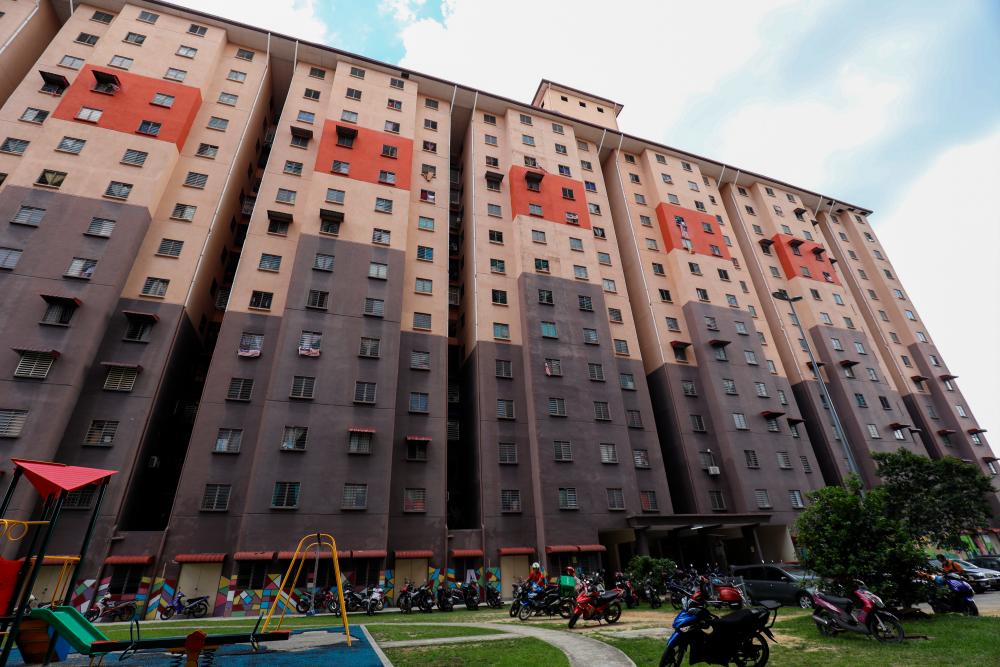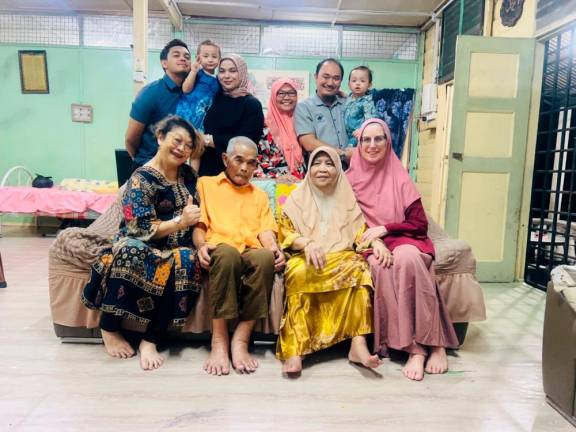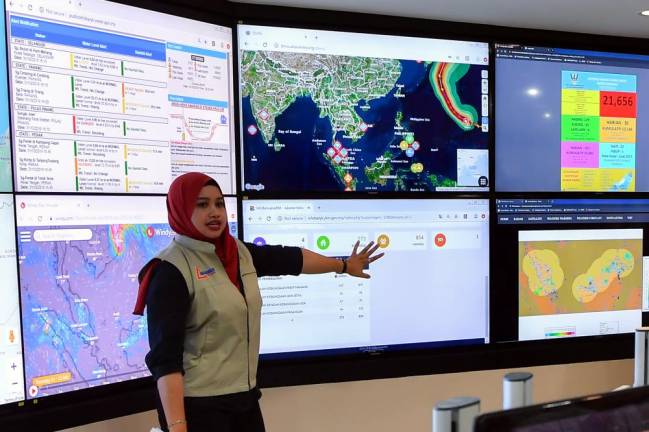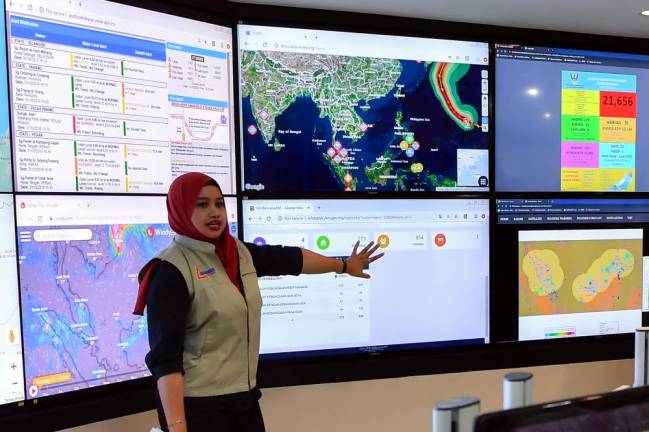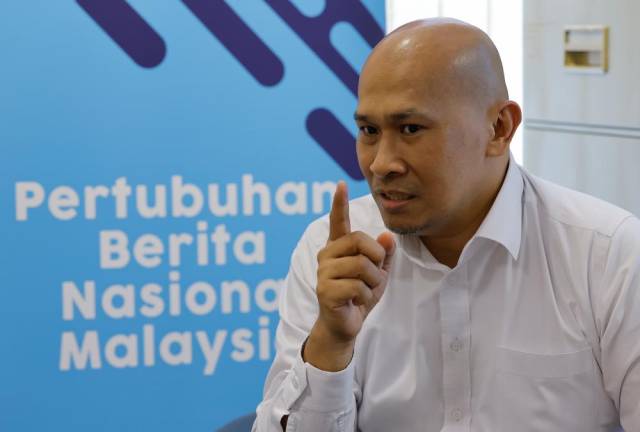PETALING JAYA: Of 1,578 adolescents living in the 37 People’s Housing Projects (PPR) in the Klang Valley during the Covid-19 pandemic, 212 or 13.4% were reported to have suicidal and self-harm thoughts, with 29 (1.8%) thinking about it every day, according to a study.
The study by the Institute for Health Behavioural Research and the Health Ministry, with support from the United Nations Children’s Fund, also recorded that 168 (10.7%) of respondents exhibited depressive symptoms, while 144 (7.2%) had anxiety symptoms. A total of 88 (5.6%) respondents exhibited both symptoms.
The study involved adolescents ranging from 10 to 17 years old, and the data collection was observed for six months from April 1, 2022.
Of 2,005 housing units selected from the 37 PPR, only 931 units (46.4%) agreed to participate in the study. From those 931 units, 1,578 eligible participants completed the questionnaire.
The participants consisted of 174 (11%) 10-year-olds, 172 (10.9%) 11-year-olds, 202 (12.8%) 12-year-olds, 252 (16%) 13-year-olds, 197 (12.5%) 14-year-olds, 224 (14.2%) 15-year-olds, 178 (11.3%) 16-year-olds and 179 (11.3%) 17-year-olds.
Commenting on the impact of unconducive living conditions on children’s and teenagers’ psychology at PPR, “Mindakami”, an NGO that provides mental health support, said the adolescents’ mental health is affected by their poor living conditions.
Its managing director and counsellor Mimie Rahman said: “Children and teenagers may experience psychological distress, such as stress, anxiety and depression, as mental health can be influenced by their living conditions – whether the environment is conducive and comfortable enough for their development.
“Living in improper conditions, such as continuous airborne pollution caused by an improper rubbish (disposal) system, can also lead to physical health issues, which can worsen their psychological condition,” she told theSun yesterday.
Mimie also said the poor living environment at PPR flats may cause such children to fall into the same cycle of poverty.
“In those PPR, a poor living environment can occur for many reasons, and poverty is one of them. The cycle of poverty can be difficult to break out of because of limited access to resources and opportunities. Thus, children growing up in such conditions may have difficulty receiving good quality education or healthcare.”
She said the absence of playgrounds, recreational areas and community service could affect the children’s mental and emotional growth negatively.
“Children’s psychological development must include opportunities to socialise and engage with other children. The absence of such facilities can restrict them from exploring and engaging in physical activities and socialising with their peers.
“When children do not have access to safe and engaging facilities, it can impact their emotional and social well-being. They may experience prolonged loneliness.
“The lack of community services can also lead to isolation and social exclusion, which can affect their mental health and well-being,” she said.
Mimie also said non-conducive environments could occur at any residential area beyond PPR flats.
“During the movement control order and the series of lockdowns, Mindakami received several inquiries from children aged below 18, who experienced isolation from peers, limited access to resources, difficulties in adapting to online learning (due to not having access to suitable devices), and facing family stressors such as ongoing domestic abuse or financial crisis.”
Clinical psychologist Fang Kee Yee said the issue of overcrowding, lack of privacy and poor maintenance are the biggest factors of distress among children and teenagers living in PPR.
“Overcrowding, where there are more than four people living in a small area, narrows the space for these growing children to explore. This could lead to boredom and after a while causes mood disorders, which could affect their mental health as they grow up.
“Poor maintenance of playgrounds and recreational areas at a significant number of PPR can reduce a child’s self-esteem. Since having a safe and stimulating play area is important for the children’s physical and mental development, unmaintained and dilapidated play areas are risky for children to play at.”
He said such children would have low motivation and may feel that they cannot control their surroundings and their future, which would lead them to delinquency and drug abuse as a negative-coping mechanism.
Mindakami, an NGO that provides mental health support, said adolescents’ mental health is affected by their poor living conditions. – HAFIZ SOHAIMI/theSun



